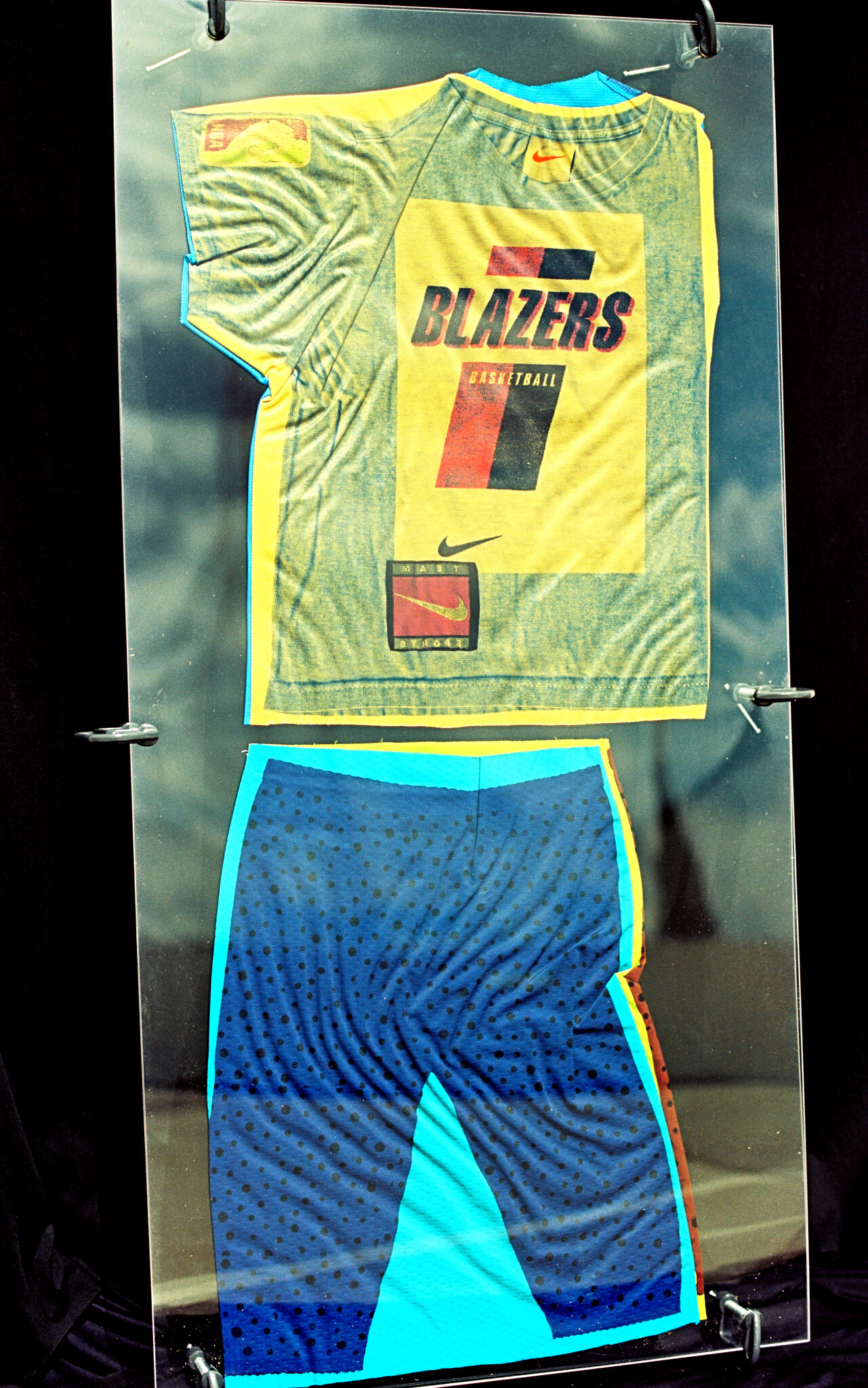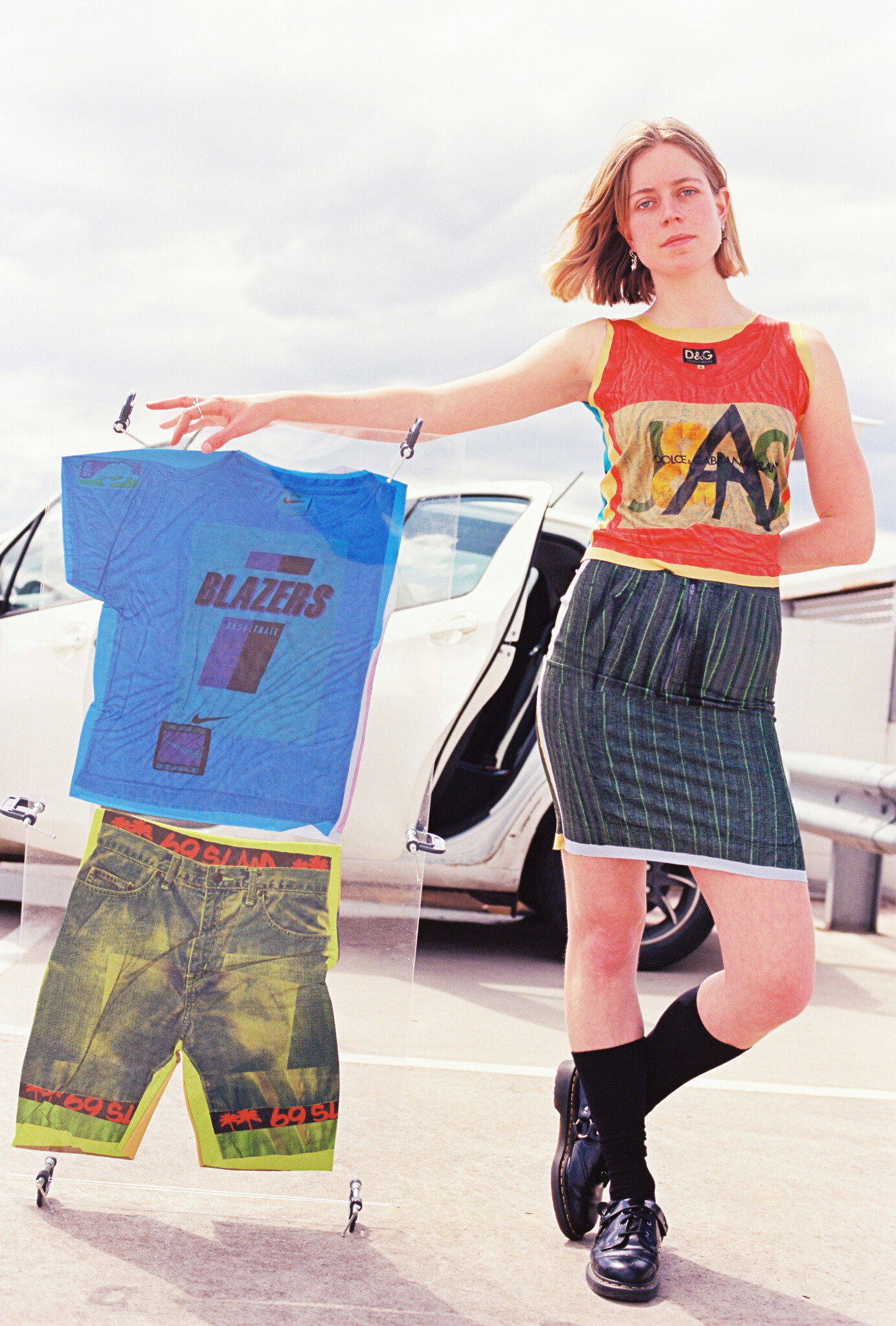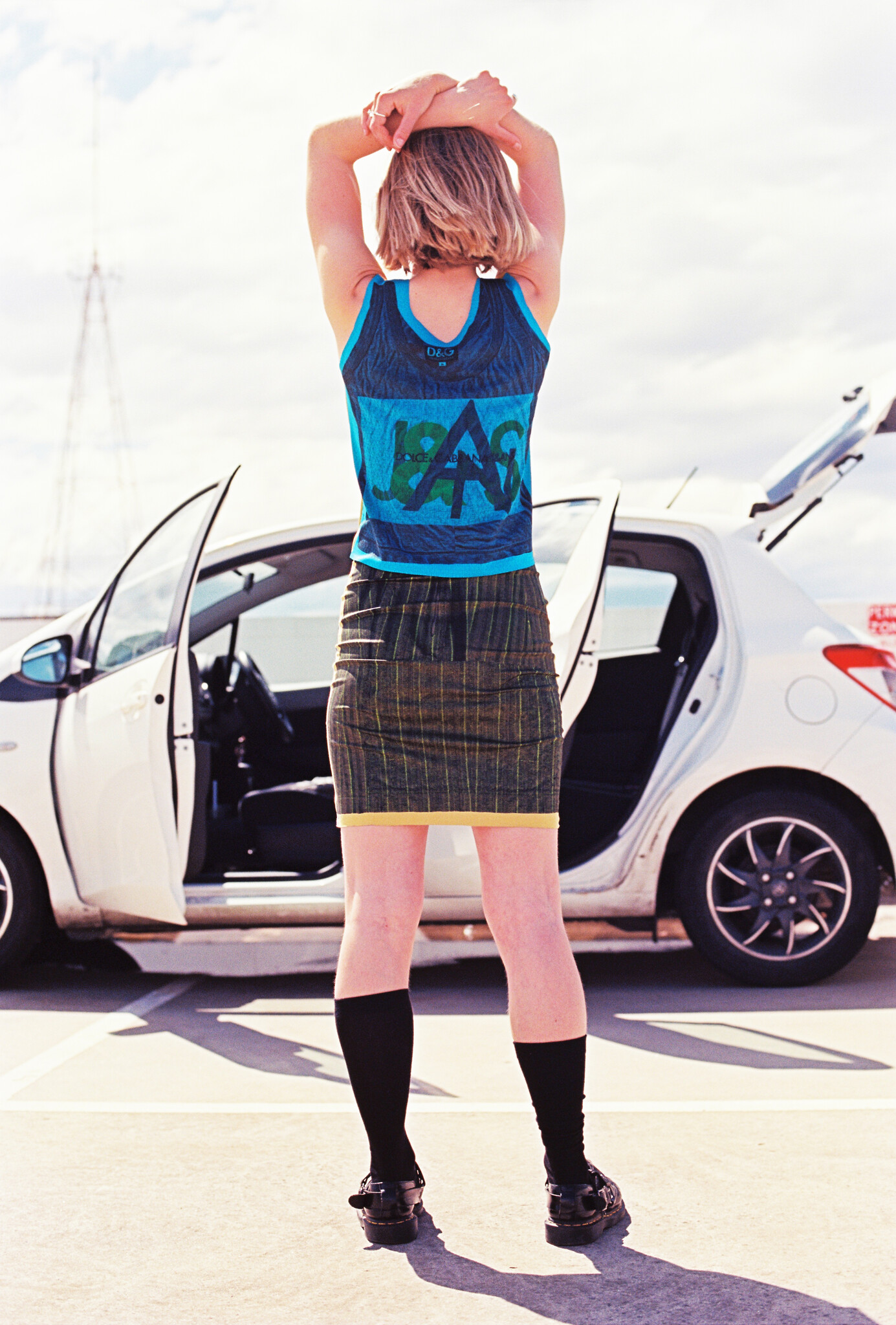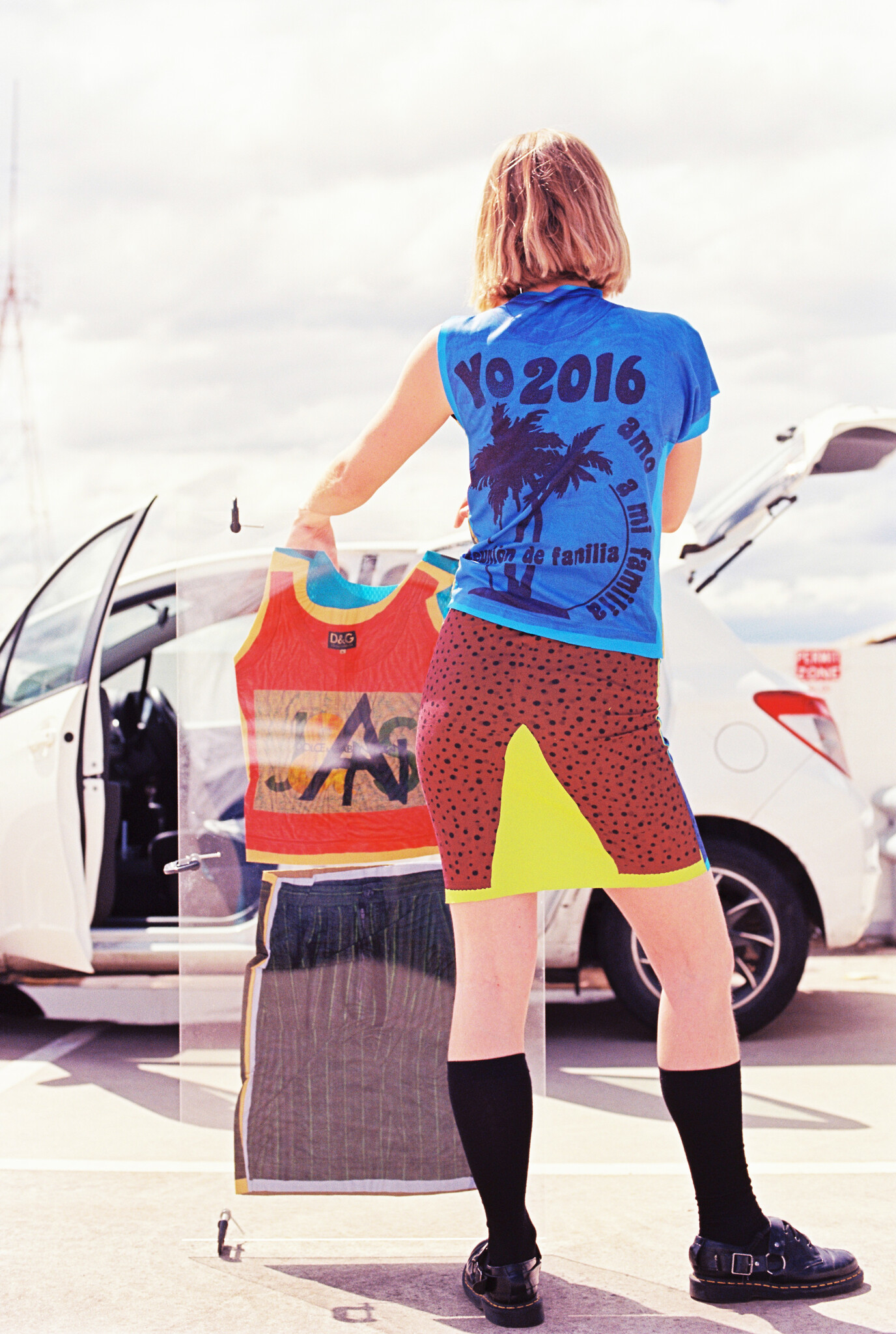While this year has presented challenges beyond anything our community has ever experienced, it has also beckoned many shifts and new paradigms are emerging in the creative landscape. 2020 also marked the beginning of a new era for the Advanced Fashion Design Studios as we launched new and revitalised programs. Within the new programs, a new one-year Honours degree, and an updated Masters, are progressive in pushing innovative ways of designing and experiencing fashion. Designed with a focus on the responsibility we all need to have in fostering change in industry and embodying sustainable, ethical and critical practice
This global pandemic that continues to be around us, has impacted us all greatly, shifting the way we understand our activities of daily life and our sense of belonging and freedom. We acknowledge the injustices, marginalised communities and inequalities that occur as a result of global fashion industry practices. Their negative impact on all of us has become bloated and enlarged in the relationship between fashion and crisis. Whilst the global pandemic has greatly impacted the fashion industry, ‘the fissures in the system seem to get deeper each day, revealing the industry’s already broken bits’1.
Production
Consumption
Exploitation
Exclusion
Scarcity
Extinction
Depletion
Resource extraction
Recession
Depression
Inflation
Labor
Automation
Protest
Dissent
Consent
Needs
Wants
Desires
—From Iris Moon from ‘Luxury and Crisis’, 20020.
This year, fashion capitals ventured into the digital for the fashion weeks, luxury brands produced glamorous or logo laden PPE (personal protective equipment) and supermodels were forced to do photo shoots via FaceTime and Zoom.
Our students have spent most of the year learning from home, learning online and producing graduate projects with limited resources from February to November. Scarcity of materials and resources has fundamentally impacted fashion design learning and how we assess and understand student’s work.
Critical and circular thinking in fashion practice has become necessary in lockdown as students have been forced to interrogate their relationships and values of fashion and materials. Students have intervened with everyday products, presenting dynamic approaches to wearing and performing fashion from the home and through the personal wardrobe. Their work has been mediated through to us via digital screens. This cohort has worked with exceptional limitations, working with garments they had on hand, using methods of reuse, object analysis and performative strategies to interrogate fashion practice and speculate on alternatives. The pandemic makes questioning circularity of fashion products and material use a necessity and highlights the fundamental role of digital images to speculate and design fashion.
We stand by our students and forthcoming graduates and are immensely proud of their achievements this year. They have produced even more exciting and innovative fashion design projects in one of the longest and strictest lockdowns in the world.
1–Moon, I (2020). Luxury and Crisis: Redefining the British Decorative Arts. British Art Studies, 16.
[201] Dr. Ricarda Bigolin, Associate Dean, Fashion and Textiles Design [...]
[...]
 [...]
[...]
 [...]
[...]
 [...]
[...]
 [...]
[...]
 [...]
[...]